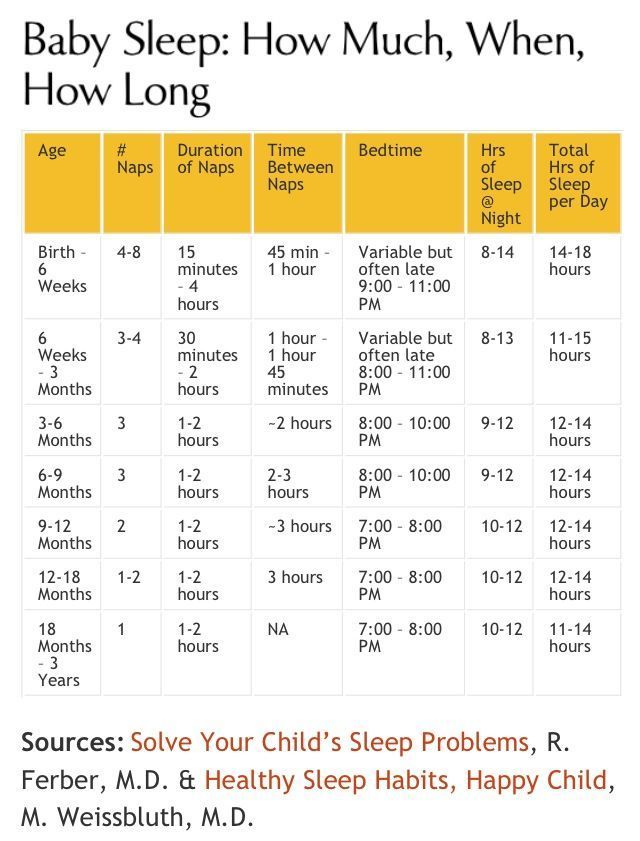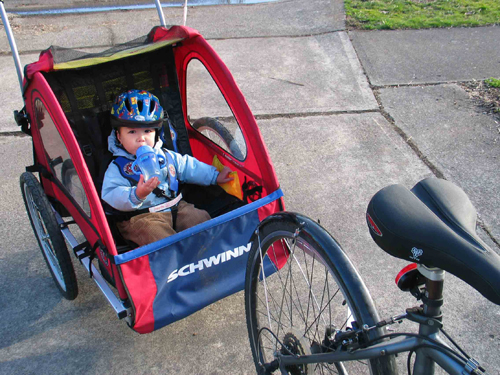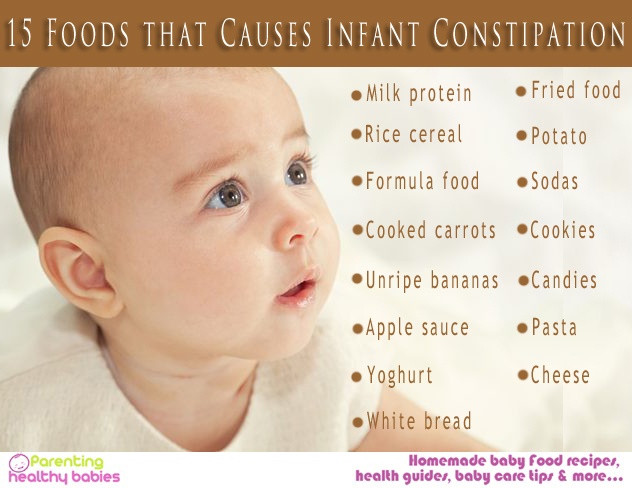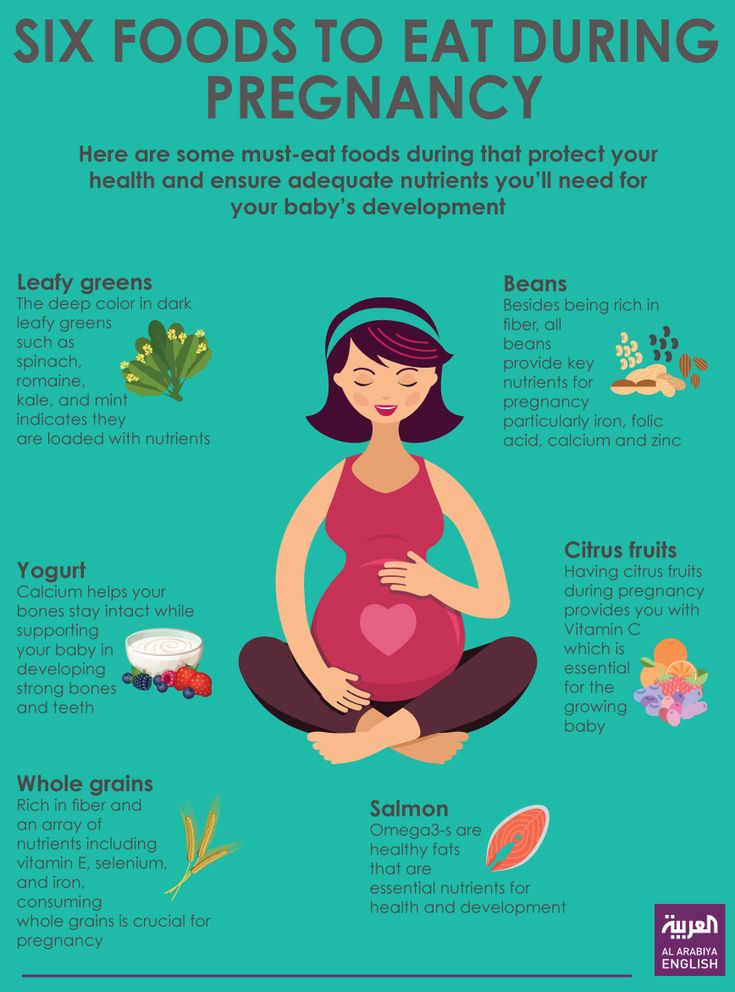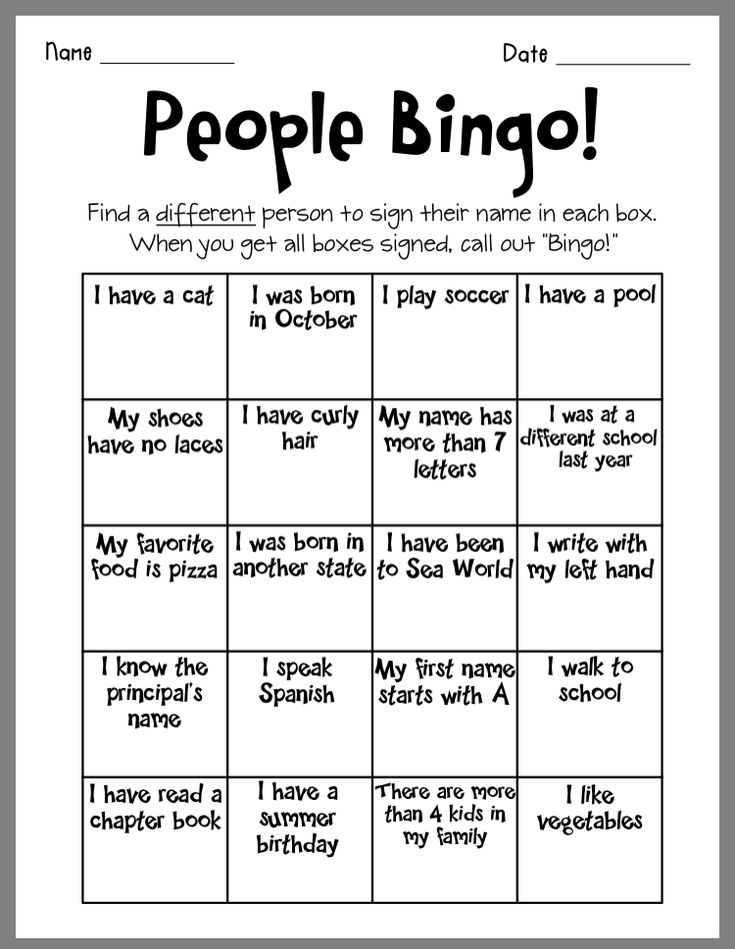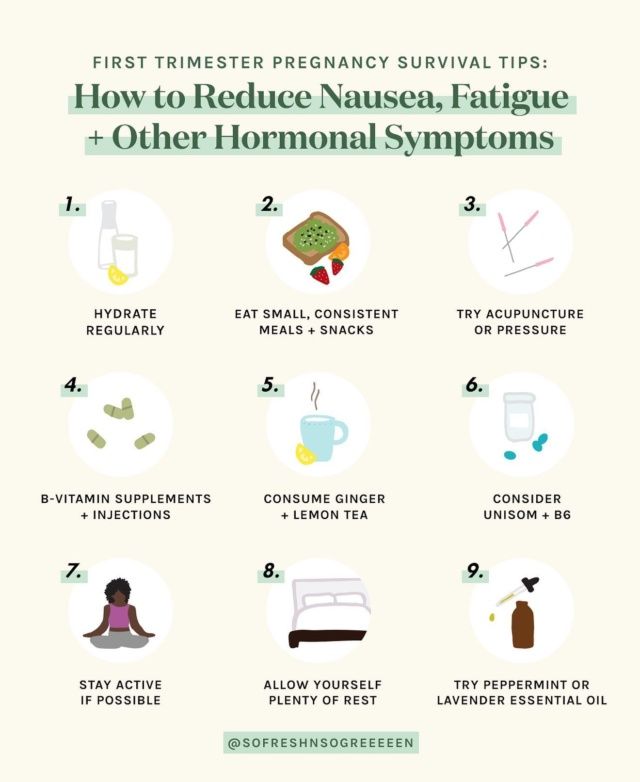How long should a child sleep in parents bed
Is Co-Sleeping with Toddlers OK? Safety, Benefits, and Drawbacks
Toddlers are confounding creatures. In the daylight hours, they’re busy bees — unstoppable in their pursuit to discover, play, and assert their independence. But the sassy attitudes and incessant need for activity succumb to sweet sleepy snuggles and heavy-eyed affection once bedtime rolls around.
Given the option, a tired tot would sleep next to their parents every night. And who could resist those tiny warm bodies?
Co-sleeping is when parents share a bed with their child for all or part of the night. It’s not for every family, but those who choose to snooze with a toddler tucked into an arm nook know that you take the soft snores with the accidental elbow jabs.
Co-sleeping has its fair share of positives and negatives, as well as potential risks, so it’s not a decision to be taken lightly — and hopefully one you’re not forced to make at 3 a.m.
Thinking about embracing the concept of a family bed? Here is everything you need to know about co-sleeping with a toddler.
Beginning at the age of 1, co-sleeping is generally considered safe. In fact, the older a child gets, the less risky it becomes, as they are more readily able to move, roll over, and free themselves from restraint.
Co-sleeping with an infant under 12 months of age, on the other hand, is potentially dangerous. Babies may not be able to extract themselves from heavy bedding or adult bodies, thus increasing the risk of entrapment, suffocation, and sudden infant death syndrome (SIDS).
The American Academy of Pediatrics (AAP) takes a strong stance against co-sleeping with children under age 1. The AAP does recommend room sharing for the first 6 months of a child’s life, though, as this safe practice can greatly reduce the risk of SIDS.
Regardless of age, there are certain situations when co-sleeping is ill advised and dangerous. A parent should avoid co-sleeping with a child if they have been drinking alcohol or taking drugs that can hamper their ability to stir.
There is limited research examining the long-term effects of co-sleeping with toddlers. A 2017 study analyzed 944 low-income families, and initially found that toddlers who shared a bed with their parents were negatively impacted in terms of both social behavior and cognitive abilities.
However, once socioeconomic variables were removed, researchers determined that it was life circumstance rather than co-sleeping that created these social and cognitive consequences.
While lack of separate bedrooms may be one obvious cause for co-sleeping, there are several other reasons families may choose to share a bed.
Some families have a desire for closeness, while others are driven by pure convenience. Many parents find themselves struggling with bedtime challenges, and resort to co-sleeping to save their sanity.
Co-sleeping is a hinderance to some and a rewarding option for others. You have to find what works for you — whether that means sleeping in a giant bed all together, having one parent co-sleep with a toddler, or sticking to separate beds and respective rooms.
Co-sleeping might not be viewed as the norm in the United States, but elsewhere in the world it’s a common and encouraged practice. Many cultures value the practicality and physical togetherness of sharing a bed.
When you stop to think about it, sleeping next to a loved one feels completely natural and innate for most human beings. It’s not something we need to do in solitude or privacy, and young kids may long for the comfort of a parent’s arms throughout the long hours of the night.
There are other benefits to co-sleeping, too:
Bonding
Reality check: The days are long, but the years are short, and these sweet snuggles are fleeting. As kids get older, they’ll claim their independence and want more physical space. Co-sleeping while children are in the toddler stage enables you to make the most of this time.
Additionally, parents who have unusual work schedules and are unable to be present at all hours may choose to co-sleep to have more precious time with their growing children.
Either way, co-sleeping can help you bond on a deeper level, and give your child a sense of safety and security. Plus, you get to see their chest rise and fall and watch their eyelids flutter.
Breastfeeding
Co-sleeping can help nursing parents more readily feed their babies in the middle of the night or wee hours of the morning. In close proximity, you’re able to keep this activity hushed and peaceful — fostering a sense of restful relaxation. Co-sleeping may even encourage extended breastfeeding.
While traditional bed sharing is not advised with infants, you can find other creative ways to foster successful night-time nursing. Room sharing helps; you can try a co-sleeper that pulls up to the side of your bed or get a traditional bassinet that keeps baby safely at arm’s reach.
Less bedtime stress
Some toddlers have a serious case of bedtime FOMO (fear of missing out). They don’t want to be relegated to their own room and separated from the comforting proximity of their parents.
As an adult with limited time of your own, you may have other ideas about how you want to spend your evening hours. This can lead to a war of the wills, and, spoiler alert: your toddler may win.
The sleep drama can be exhausting, especially in the middle of the night, and many parents would rather keep the peace than spend hours in hostile negotiations with a tantruming toddler.
Bed sharing can cut down on the time, energy, and effort it takes to get a little one off to Snoozeville. As with all parenting decisions, you have to pick your battles.
While co-sleeping is a blessing for some, other parents view it as an unfortunate habit they fell into rather than a choice they actively made.
You may feel exasperated when a toddler who started out sleeping in their own bed, comes padding into your room at 1 a.m. Whether it’s due to recurring nightmares, sleep regression, or plain old habit, these disruptions can impede everyone’s ability to sleep.
Even if you make the conscious decision to co-sleep, it’s important to realize that it does come with a few potential drawbacks.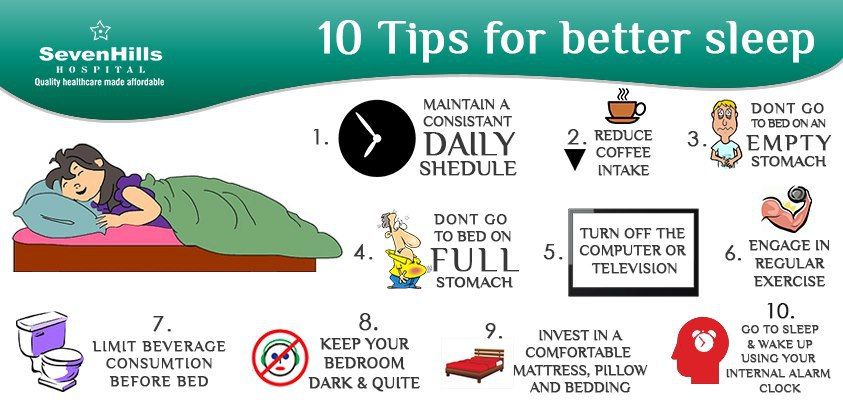
Poor quality sleep
Cute as it may sound, co-sleeping can also be majorly disruptive. Suffice to say, that while toddlers look angelic in slumber, their little limbs like to flail around, and your quality of sleep may suffer as a result of this veritable dream dancing.
A 2015 study found that mothers with infant co-sleepers reported more night wakings and poorer sleep than their counterparts with infants sleeping on their own. If you’ve ever watched a toddler’s sleep acrobatics you can guess that trying to snooze through that doesn’t get any easier.
Mental consequences
Sleep deprivation and well-being go hand in hand. Parents are notoriously starved of rest and downtime; many moms and dad need mental and physical space to reset and refresh their bodies and minds before the start of another hectic morning.
A 2018 study found that moms who co-slept with toddlers that perpetually woke or disruptively moved around, lost an average of 51 minutes of sleep per night and had higher reported levels of anxiety, stress, and depression.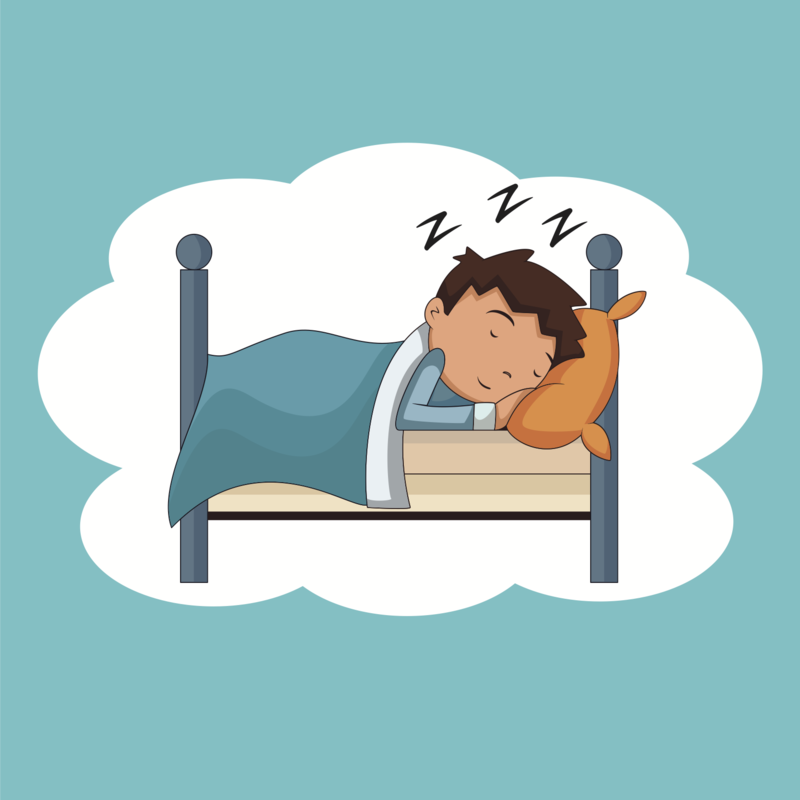
Lack of kid-free time
Sharing a bed as a family may limit your ability to have quality 1:1 time with your partner. You might not be able to catch up after a long day, snuggle, or watch a movie together.
And bedtime sex is, of course, also off the table when you have a toddler smushed between you and your other half (although many parents find ways to get creative in solving this issue).
Even without the concerns of how co-sleeping affects your relationship with your partner, you may just desire some time during which you can rest and recharge without feeling touched out and on-duty. There’s nothing wrong with needing some time that isn’t about meeting someone else’s needs.
Co-sleeping shouldn’t come at the expense of your relationship or your personal needs, so it can be helpful to make sure you and your partner are on the same page if and when you decide to share a bed with your toddler.
Social judgment concerns
As parents, we often feel pressured to conform to societal norms and expectations.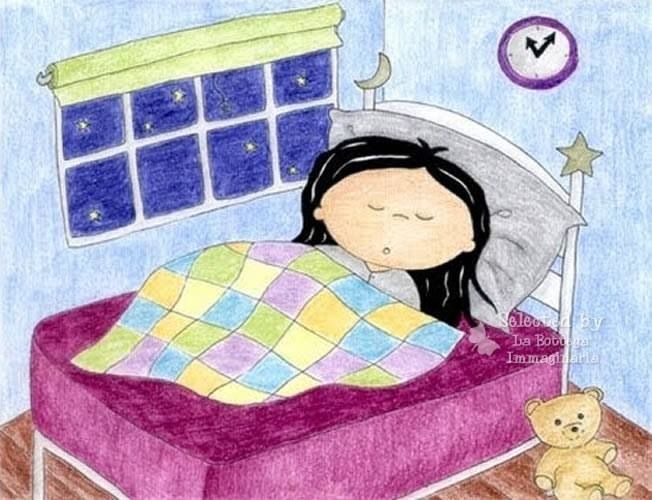 Choosing to co-sleep with a toddler can feel like the “wrong” choice — especially by Western standards.
Choosing to co-sleep with a toddler can feel like the “wrong” choice — especially by Western standards.
Many parents feel like they’ll be judged or perceived as a failure for allowing their kids to sleep in their beds for all or part of the night — even if it’s a decision they have willingly and happily made.
Co-sleeping is a valid choice. If it works for you and your family, there’s no reason to stop.
However, if you are eager to take back your mattress real estate and enforce independence, it may be time to make the big transition. It won’t be easy, but, with a few steps, you can make the switch from co-sleeping to solo sleeping. Here are a few tips to help make it a smooth process:
Try room sharingToddlers want to know that a parent is close by at night — especially if they’re accustomed to co-sleeping. This change doesn’t have to be all or nothing. If you are open to a happy medium, consider room sharing.
You can add a crib, a small mattress, or other separate sleeping space to your bedroom. You can take back your personal space, but still provide your comforting presence.
You can take back your personal space, but still provide your comforting presence.
Transition gradually
This is a marathon not a sprint, so have patience in the process. A transition should be gradual, so start your toddler in their own room or bed, knowing that they might find their way to you in the middle on the night.
Feel free to walk them back to their room when this happens. Show kindness and give verbal reassurance. Just keep at it, and don’t give up. In time, the change will stick.
Focus on a positive bedtime routine
Bedtime can be an instant fight. Instead of going head-to-head with an adamant 3-year-old, try to make your nightly bedtime routine a positive and enjoyable experience.
Read stories, sing songs, have a ritual of 10 hugs and kisses, and then say goodnight. There may be crying and pleading, but, they’ll come to know what to expect and eventually accept this new normal.
Work with a professional
If you’re at your wits’ end, consider seeking help.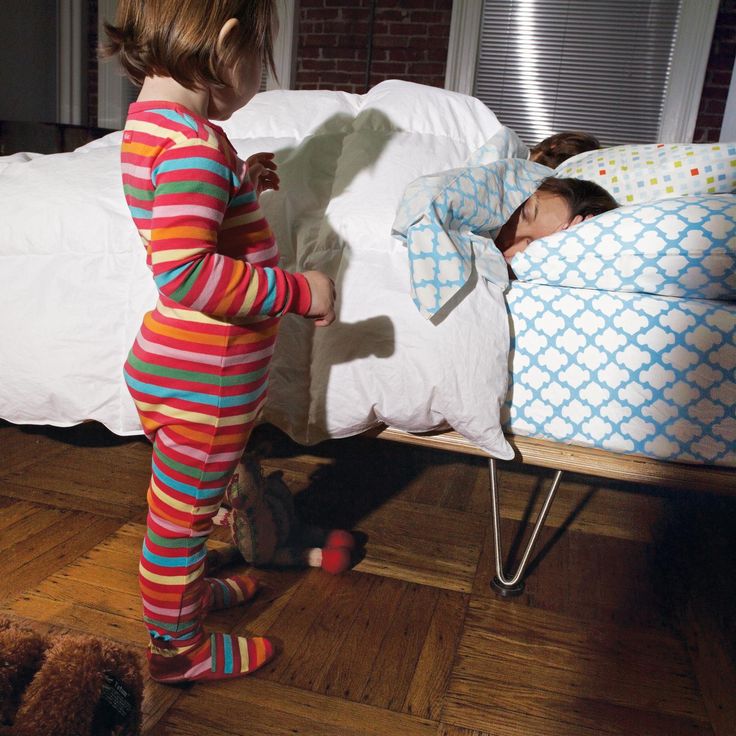 Your pediatrician can help you make a sleep plan for your toddler.
Your pediatrician can help you make a sleep plan for your toddler.
Sleep consultants or coaches can be immensely helpful, too. They have seen it all, heard it all, and have incredible specialized insight about routines, patterns, and disruptions.
Sometimes you need an outside opinion and a gentle push to get to the sleep situation you’ve been dreaming about.
If co-sleeping is the right fit for your family, go ahead an embrace it like a toddler snuggling his mama. If it’s creating stress or causing you to lose precious Zzz’s, rethink your situation and reclaim your space. Sleep is sacred, so enjoy the cuddles or soak up the solitude — you do you.
Is Co-Sleeping with Toddlers OK? Safety, Benefits, and Drawbacks
Toddlers are confounding creatures. In the daylight hours, they’re busy bees — unstoppable in their pursuit to discover, play, and assert their independence. But the sassy attitudes and incessant need for activity succumb to sweet sleepy snuggles and heavy-eyed affection once bedtime rolls around.
Given the option, a tired tot would sleep next to their parents every night. And who could resist those tiny warm bodies?
Co-sleeping is when parents share a bed with their child for all or part of the night. It’s not for every family, but those who choose to snooze with a toddler tucked into an arm nook know that you take the soft snores with the accidental elbow jabs.
Co-sleeping has its fair share of positives and negatives, as well as potential risks, so it’s not a decision to be taken lightly — and hopefully one you’re not forced to make at 3 a.m.
Thinking about embracing the concept of a family bed? Here is everything you need to know about co-sleeping with a toddler.
Beginning at the age of 1, co-sleeping is generally considered safe. In fact, the older a child gets, the less risky it becomes, as they are more readily able to move, roll over, and free themselves from restraint.
Co-sleeping with an infant under 12 months of age, on the other hand, is potentially dangerous. Babies may not be able to extract themselves from heavy bedding or adult bodies, thus increasing the risk of entrapment, suffocation, and sudden infant death syndrome (SIDS).
Babies may not be able to extract themselves from heavy bedding or adult bodies, thus increasing the risk of entrapment, suffocation, and sudden infant death syndrome (SIDS).
The American Academy of Pediatrics (AAP) takes a strong stance against co-sleeping with children under age 1. The AAP does recommend room sharing for the first 6 months of a child’s life, though, as this safe practice can greatly reduce the risk of SIDS.
Regardless of age, there are certain situations when co-sleeping is ill advised and dangerous. A parent should avoid co-sleeping with a child if they have been drinking alcohol or taking drugs that can hamper their ability to stir.
There is limited research examining the long-term effects of co-sleeping with toddlers. A 2017 study analyzed 944 low-income families, and initially found that toddlers who shared a bed with their parents were negatively impacted in terms of both social behavior and cognitive abilities.
However, once socioeconomic variables were removed, researchers determined that it was life circumstance rather than co-sleeping that created these social and cognitive consequences.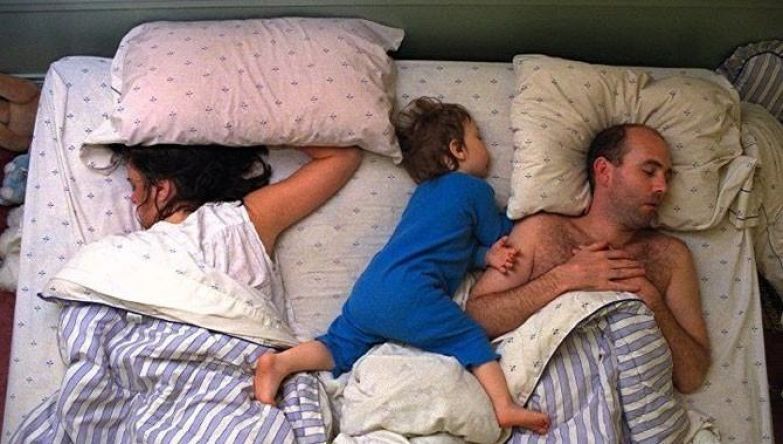
While lack of separate bedrooms may be one obvious cause for co-sleeping, there are several other reasons families may choose to share a bed.
Some families have a desire for closeness, while others are driven by pure convenience. Many parents find themselves struggling with bedtime challenges, and resort to co-sleeping to save their sanity.
Co-sleeping is a hinderance to some and a rewarding option for others. You have to find what works for you — whether that means sleeping in a giant bed all together, having one parent co-sleep with a toddler, or sticking to separate beds and respective rooms.
Co-sleeping might not be viewed as the norm in the United States, but elsewhere in the world it’s a common and encouraged practice. Many cultures value the practicality and physical togetherness of sharing a bed.
When you stop to think about it, sleeping next to a loved one feels completely natural and innate for most human beings. It’s not something we need to do in solitude or privacy, and young kids may long for the comfort of a parent’s arms throughout the long hours of the night.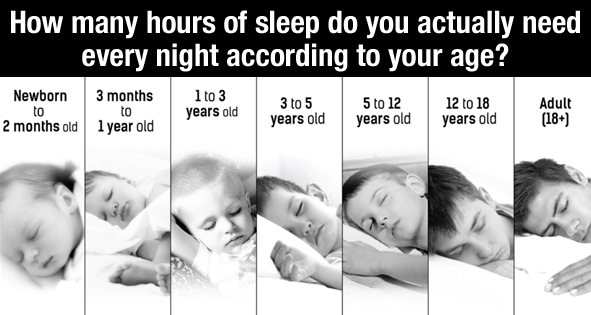
There are other benefits to co-sleeping, too:
Bonding
Reality check: The days are long, but the years are short, and these sweet snuggles are fleeting. As kids get older, they’ll claim their independence and want more physical space. Co-sleeping while children are in the toddler stage enables you to make the most of this time.
Additionally, parents who have unusual work schedules and are unable to be present at all hours may choose to co-sleep to have more precious time with their growing children.
Either way, co-sleeping can help you bond on a deeper level, and give your child a sense of safety and security. Plus, you get to see their chest rise and fall and watch their eyelids flutter.
Breastfeeding
Co-sleeping can help nursing parents more readily feed their babies in the middle of the night or wee hours of the morning. In close proximity, you’re able to keep this activity hushed and peaceful — fostering a sense of restful relaxation. Co-sleeping may even encourage extended breastfeeding.
Co-sleeping may even encourage extended breastfeeding.
While traditional bed sharing is not advised with infants, you can find other creative ways to foster successful night-time nursing. Room sharing helps; you can try a co-sleeper that pulls up to the side of your bed or get a traditional bassinet that keeps baby safely at arm’s reach.
Less bedtime stress
Some toddlers have a serious case of bedtime FOMO (fear of missing out). They don’t want to be relegated to their own room and separated from the comforting proximity of their parents.
As an adult with limited time of your own, you may have other ideas about how you want to spend your evening hours. This can lead to a war of the wills, and, spoiler alert: your toddler may win.
The sleep drama can be exhausting, especially in the middle of the night, and many parents would rather keep the peace than spend hours in hostile negotiations with a tantruming toddler.
Bed sharing can cut down on the time, energy, and effort it takes to get a little one off to Snoozeville.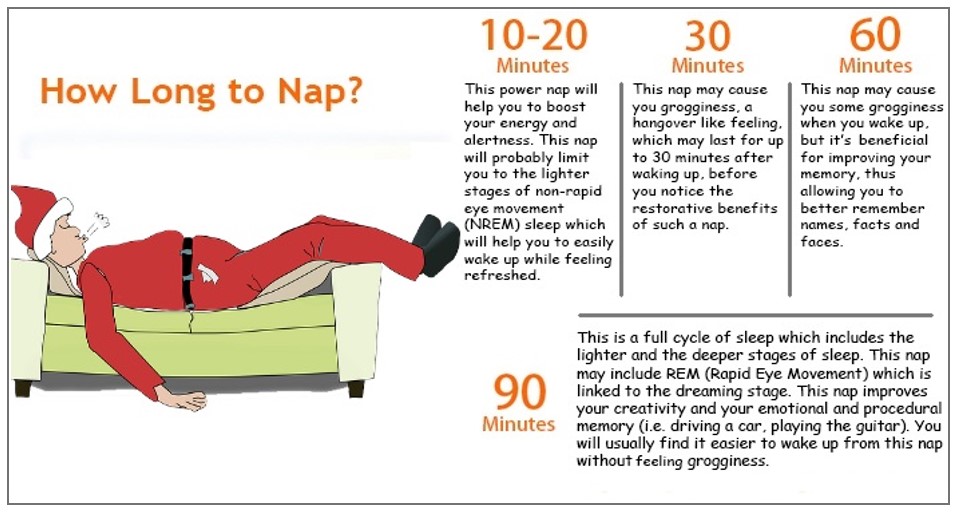 As with all parenting decisions, you have to pick your battles.
As with all parenting decisions, you have to pick your battles.
While co-sleeping is a blessing for some, other parents view it as an unfortunate habit they fell into rather than a choice they actively made.
You may feel exasperated when a toddler who started out sleeping in their own bed, comes padding into your room at 1 a.m. Whether it’s due to recurring nightmares, sleep regression, or plain old habit, these disruptions can impede everyone’s ability to sleep.
Even if you make the conscious decision to co-sleep, it’s important to realize that it does come with a few potential drawbacks.
Poor quality sleep
Cute as it may sound, co-sleeping can also be majorly disruptive. Suffice to say, that while toddlers look angelic in slumber, their little limbs like to flail around, and your quality of sleep may suffer as a result of this veritable dream dancing.
A 2015 study found that mothers with infant co-sleepers reported more night wakings and poorer sleep than their counterparts with infants sleeping on their own. If you’ve ever watched a toddler’s sleep acrobatics you can guess that trying to snooze through that doesn’t get any easier.
If you’ve ever watched a toddler’s sleep acrobatics you can guess that trying to snooze through that doesn’t get any easier.
Mental consequences
Sleep deprivation and well-being go hand in hand. Parents are notoriously starved of rest and downtime; many moms and dad need mental and physical space to reset and refresh their bodies and minds before the start of another hectic morning.
A 2018 study found that moms who co-slept with toddlers that perpetually woke or disruptively moved around, lost an average of 51 minutes of sleep per night and had higher reported levels of anxiety, stress, and depression.
Lack of kid-free time
Sharing a bed as a family may limit your ability to have quality 1:1 time with your partner. You might not be able to catch up after a long day, snuggle, or watch a movie together.
And bedtime sex is, of course, also off the table when you have a toddler smushed between you and your other half (although many parents find ways to get creative in solving this issue).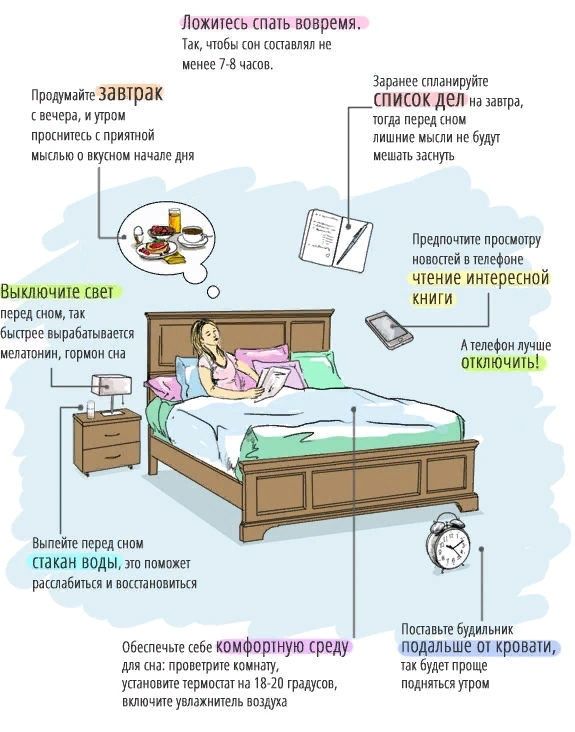
Even without the concerns of how co-sleeping affects your relationship with your partner, you may just desire some time during which you can rest and recharge without feeling touched out and on-duty. There’s nothing wrong with needing some time that isn’t about meeting someone else’s needs.
Co-sleeping shouldn’t come at the expense of your relationship or your personal needs, so it can be helpful to make sure you and your partner are on the same page if and when you decide to share a bed with your toddler.
Social judgment concerns
As parents, we often feel pressured to conform to societal norms and expectations. Choosing to co-sleep with a toddler can feel like the “wrong” choice — especially by Western standards.
Many parents feel like they’ll be judged or perceived as a failure for allowing their kids to sleep in their beds for all or part of the night — even if it’s a decision they have willingly and happily made.
Co-sleeping is a valid choice.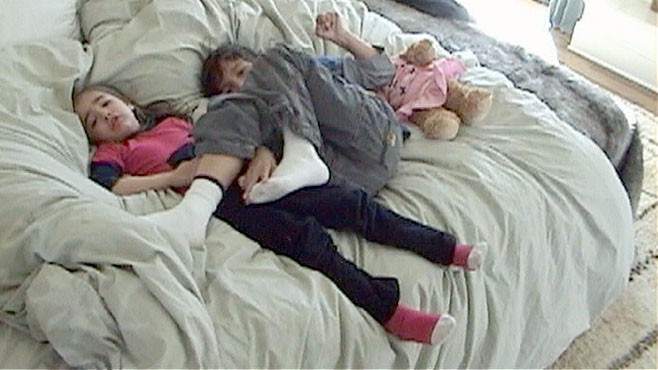 If it works for you and your family, there’s no reason to stop.
If it works for you and your family, there’s no reason to stop.
However, if you are eager to take back your mattress real estate and enforce independence, it may be time to make the big transition. It won’t be easy, but, with a few steps, you can make the switch from co-sleeping to solo sleeping. Here are a few tips to help make it a smooth process:
Try room sharingToddlers want to know that a parent is close by at night — especially if they’re accustomed to co-sleeping. This change doesn’t have to be all or nothing. If you are open to a happy medium, consider room sharing.
You can add a crib, a small mattress, or other separate sleeping space to your bedroom. You can take back your personal space, but still provide your comforting presence.
Transition gradually
This is a marathon not a sprint, so have patience in the process. A transition should be gradual, so start your toddler in their own room or bed, knowing that they might find their way to you in the middle on the night.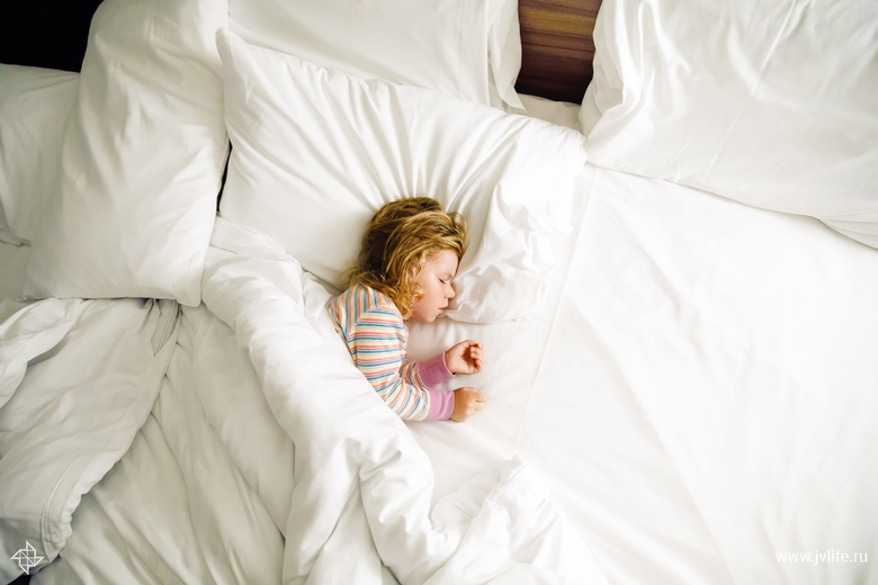
Feel free to walk them back to their room when this happens. Show kindness and give verbal reassurance. Just keep at it, and don’t give up. In time, the change will stick.
Focus on a positive bedtime routine
Bedtime can be an instant fight. Instead of going head-to-head with an adamant 3-year-old, try to make your nightly bedtime routine a positive and enjoyable experience.
Read stories, sing songs, have a ritual of 10 hugs and kisses, and then say goodnight. There may be crying and pleading, but, they’ll come to know what to expect and eventually accept this new normal.
Work with a professional
If you’re at your wits’ end, consider seeking help. Your pediatrician can help you make a sleep plan for your toddler.
Sleep consultants or coaches can be immensely helpful, too. They have seen it all, heard it all, and have incredible specialized insight about routines, patterns, and disruptions.
Sometimes you need an outside opinion and a gentle push to get to the sleep situation you’ve been dreaming about.
If co-sleeping is the right fit for your family, go ahead an embrace it like a toddler snuggling his mama. If it’s creating stress or causing you to lose precious Zzz’s, rethink your situation and reclaim your space. Sleep is sacred, so enjoy the cuddles or soak up the solitude — you do you.
Sleeping in parent's bed: advantages and disadvantages
Content
- Benefits of co-sleeping with a baby
- Cons of co-sleeping with a baby
- How to organize joint sleep if I work in the evenings or just go to bed later than the child?
- How to make co-sleeping with a baby safe?
A baby sleeps about 20 hours a day. During sleep in young children, the nervous system and spine are formed. Therefore, healthy sleep is so important - both at night and during the day. Many parents, especially children under 1 year of age, choose to sleep together with the baby (in the same bed or moving the crib close to the bed).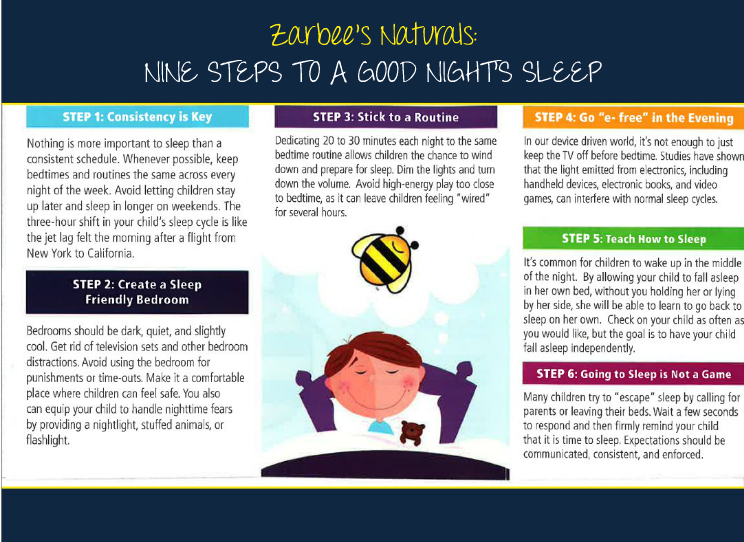 At the same time, according to statistics, three babies per week die from co-sleeping. We find out how useful and safe sleep in the parent's bed is.
At the same time, according to statistics, three babies per week die from co-sleeping. We find out how useful and safe sleep in the parent's bed is.
Knowing the rules of co-sleeping and the right mattress will help prevent this situation. You can find an option that is suitable for co-sleeping in our catalog of mattresses.
Co-sleeping in the same bed allows you to spend more time with your baby. This is especially important if parents work during the day. Sleeping in a shared bed and feeding at night helps strengthen the bond between you and your baby.
Several studies have shown that babies who sleep in the same bed as their parents feed longer, but this causes less discomfort to the mother. Moms who co-sleep with their babies usually spend more time breastfeeding, but find it easier to breastfeed in bed than getting up at night to breastfeed.
Babies who sleep with their parents
- wake up less often
- less awake than children sleeping alone;
- cry less.
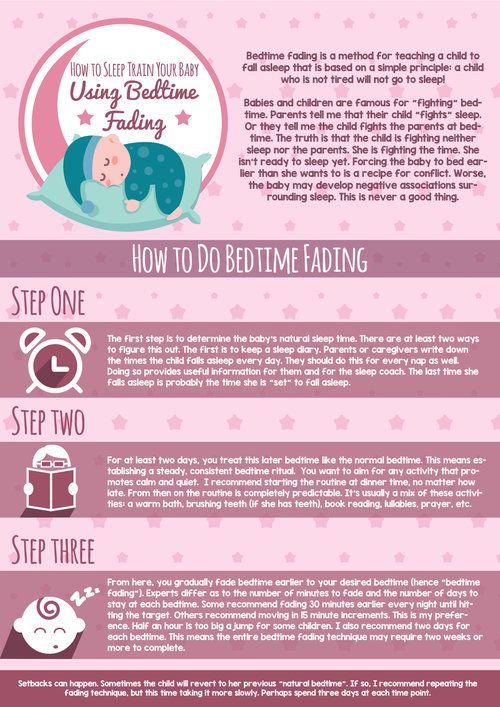
Sleeping next to your baby will allow you to react faster when your baby starts crying or coughing. There are also indications that parental breathing prevents apnea in the child - which means protection against sudden infant death. Therefore, experts say that the child should sleep in the parent's room for at least the first 6-12 months.
According to some studies, babies who sleep in their parents' bed wake up less often and fall asleep faster than babies who sleep in a separate bed. Although some children simply calm down faster on their own and fall asleep again. Therefore, it would be wrong to assume that sleeping in the parent's bed has a positive effect on the time the baby falls asleep.
It will take some time to get used to sleeping with the baby, who keeps moving at night, “boxing” and “stomping”. Therefore, you would probably sleep better if the child was in his own crib. Also, some parents report that their baby sleeps even more restlessly in the parent's bed than in his own crib or room.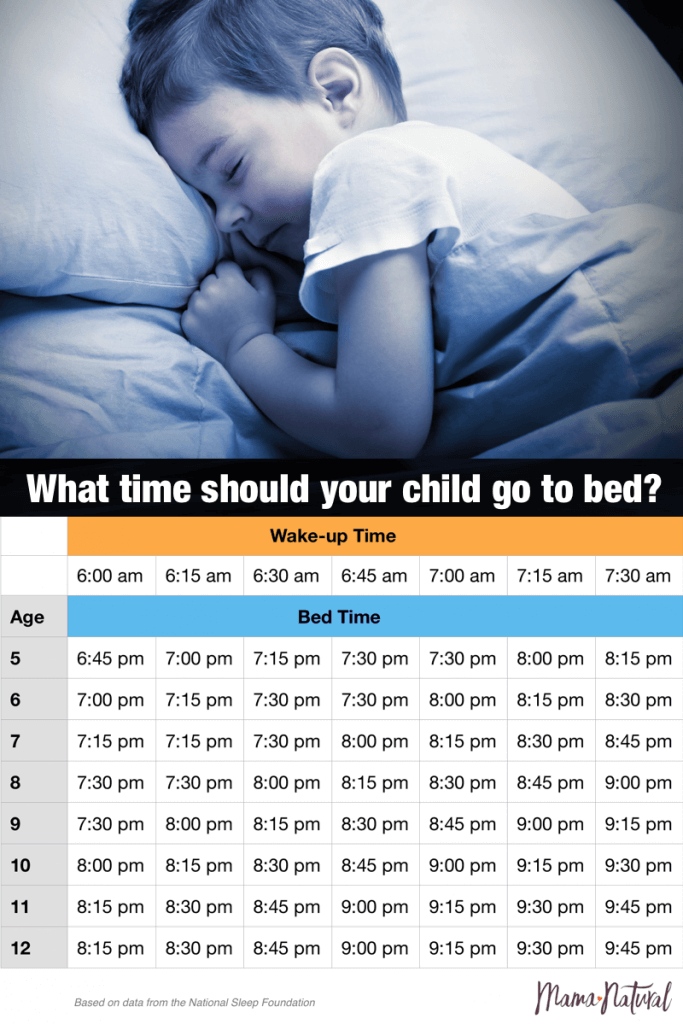 Some children may be disturbed by the sounds and movements of their parents.
Some children may be disturbed by the sounds and movements of their parents.
For premature or low birth weight newborns, co-sleeping with parents is not recommended as it may increase the risk of sudden infant death. A reasonable compromise here can be an attached bed, which is placed close to the parents' bed. So you can lie next to the child without fear that he will overheat.
You can not sleep in the same bed with a child for parents who smoke, drink alcohol or drugs, because they may have reduced attention and they may inadvertently lie on the child, and also because the smell of tobacco burdens the baby's airways.
If your child gets used to falling asleep next to you, they may have trouble sleeping when you leave them with a nanny or relative. The older the child and the longer he sleeps with his parents, the more difficult it will be in the future to teach him to sleep in his own crib.
Co-sleeping with a child can negatively affect the relationship of spouses.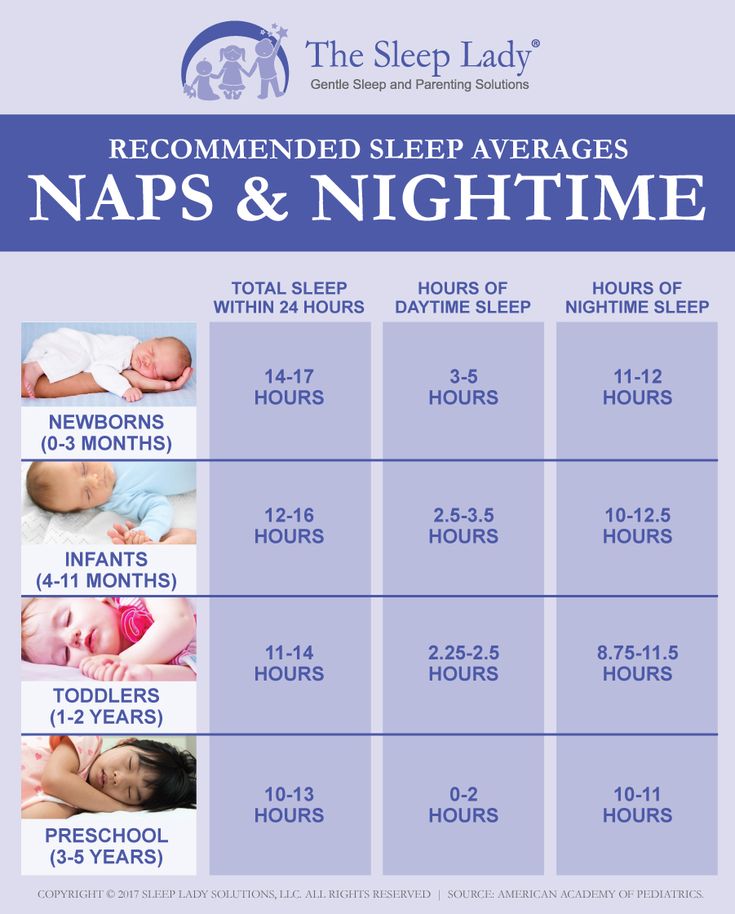 Spontaneous lovemaking while the baby sleeps with you is no longer an option. Therefore, many parents prefer to have a separate room - there they will not interfere with the child when he sleeps. This compromise can cause great inconvenience to one or both spouses from time to time.
Spontaneous lovemaking while the baby sleeps with you is no longer an option. Therefore, many parents prefer to have a separate room - there they will not interfere with the child when he sleeps. This compromise can cause great inconvenience to one or both spouses from time to time.
There is no universal answer to the question of how to put the child to bed if you yourself are not going to sleep yet. Some parents prefer to lie down next to the child for a while until he falls asleep soundly, and then get up again. But forcing yourself to get out of bed again is very difficult, so this option does not always work.
Parents often have to check the baby and put a lattice or railing on the bed so that the child does not fall. You also need to put pillows on the floor in case the baby still rolls out of bed. Some children do not fall asleep even with their parents, others sniff peacefully in their carrycot. In any case, the child should form a sleep schedule as early as possible.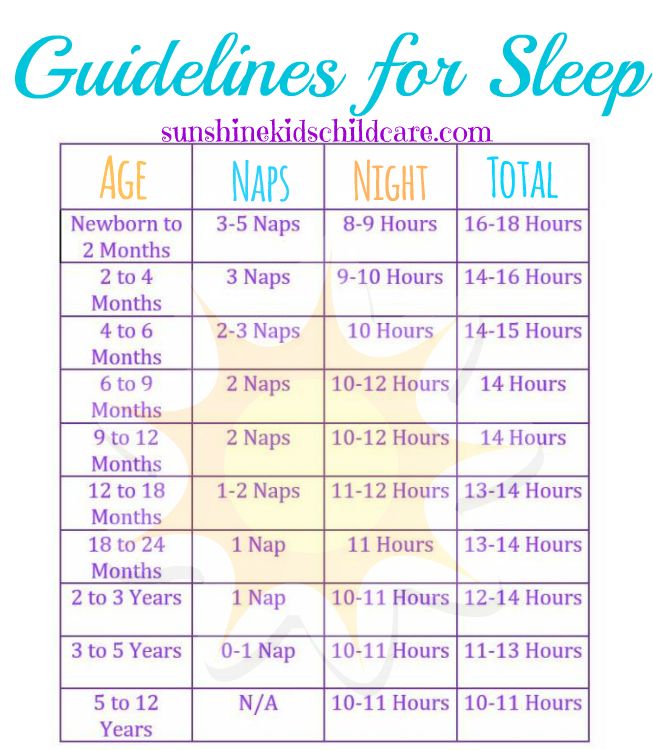
Co-sleeping does not last a lifetime: by the age of 6, only 3% of children continue to sleep with their parents. How can you make co-sleeping safer for your baby?
- Do not go to bed with your baby in a chair, sofa, or air bed.
- If the child was born prematurely or with a lack of body weight, it is better to postpone joint sleep until the baby gets stronger.
- The sleeping surface for a baby up to 6 months old should be flat and safe: no heavy blankets, soft toys and sheets that can get tangled.
- It is better for older siblings to sleep separately from their parents and baby. Pets too.
- Don't wrap your baby up if he sleeps with you. Maximum one layer of light clothing.
- Choose the right mattress for co-sleeping. A model for sleeping with a child should have a number of features. Find out which mattress is better: spring or springless.
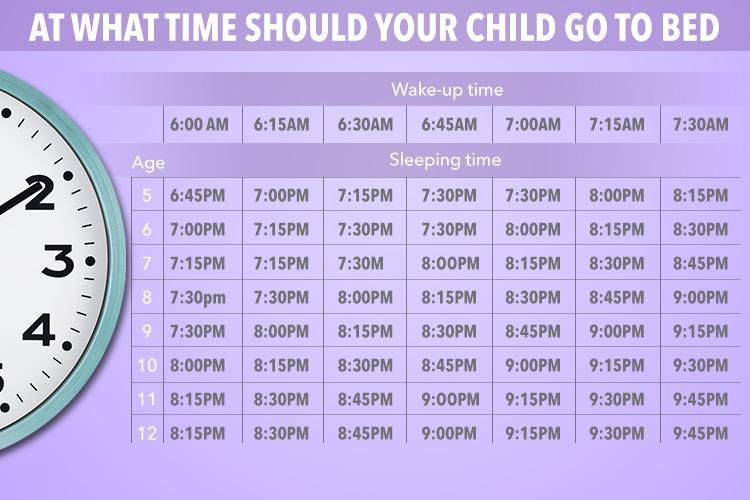
If for some reason co-sleeping does not suit you, perhaps your golden mean is a crib that can be attached to the parent. This is a safe space for the child to relax in the immediate vicinity of the mother.
Is it worth it for a child to sleep with his parents and how to wean him from it | Bibikol
How to wean a child from sleeping with their parents is not an easy question. However, have you ever thought about whether it was worth it to initially teach the baby sleep in the same bed with you? There are certainly advantages to this. actually, like the cons, but the decision must be made carefully, well thinking and consulting with your soulmate.
How to wean a child to sleep with his parents is not an easy question. However, have you ever thought about whether it was worth initially accustoming your baby to sleep with you in the same bed? There are, of course, pluses in this, in fact, as well as minuses, but the decision must be made carefully, having thought it over well and consulting with your soulmate.
Benefits of co-sleeping between a child and parents
- If we talk specifically about the baby, then for his development and formation as a person, sleeping together with parents up to 2 years does not pose any threat.
- It's convenient for mom because she doesn't have to get up several times a night and run to her bed.
- In the period from birth to 3 months, the constant presence of the mother is extremely important for the baby in order to be calm and feel secure. He 9for months he lived and developed to the beat of his mother's heart, listened to her breath and voice, so in the first trimester of his life he needs your presence day and night.
- Being close to their parents, the baby sleeps more calmly and wakes up less often, which benefits not only him, but also you.
- The closeness of the baby and mother, the contact "body to body" contributes to better milk production and allows you to feed your child at any time.
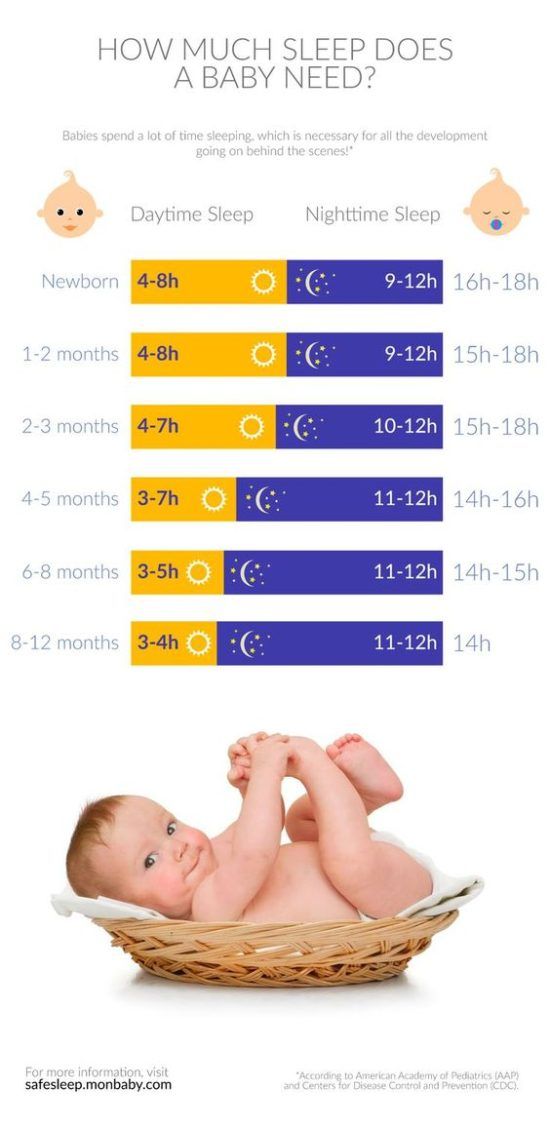
- The bond that exists between a mother and her baby is very important for the proper development and psychological state of the baby.
- Children who sleep with their parents are less likely to have fears and worries.
Considering co-sleeping from this side, we see a huge benefit for the whole family, but there is another side of the "medal" and it paints us a far from perfect picture.
Disadvantages of co-sleeping between child and parents
- The question of hygiene - how your well-being will affect the health of the crumbs, how often you will have to change bed linen so that the conditions for the baby are as favorable as possible. Even, based on these considerations, it is worth considering, but is it worth it?
- The individuality of a child is formed better and more actively if he has his own space - he knows that this is his bed, his stroller, his toys. But in children who sleep and are always with their mother (in their arms, in a sling, etc.
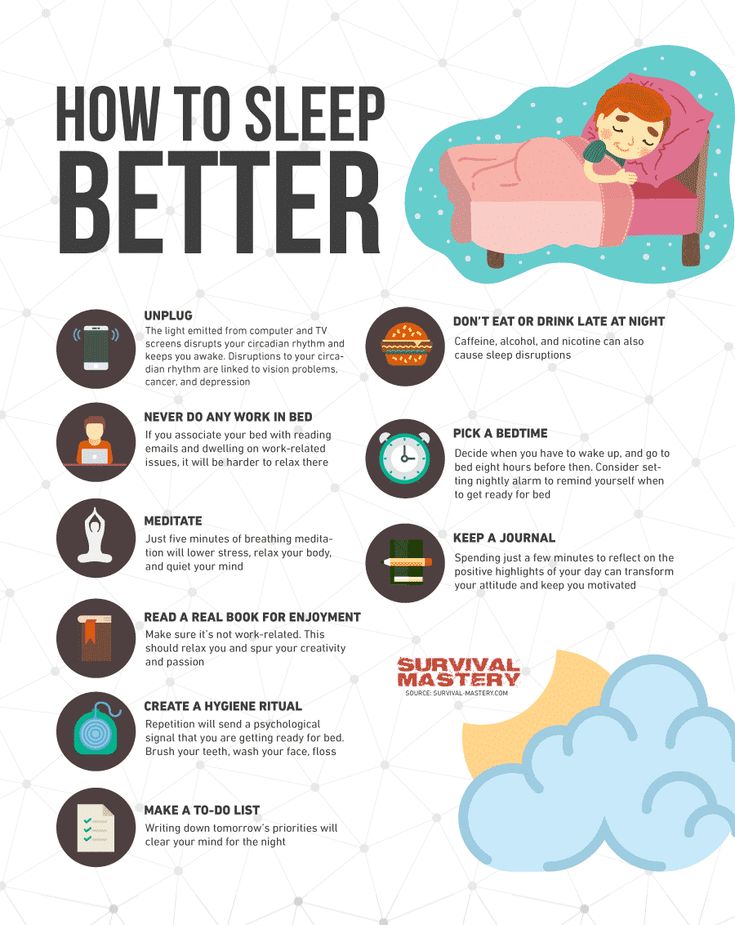 ), independence manifests itself late, which can bring a lot of problems and troubles to parents in the future.
), independence manifests itself late, which can bring a lot of problems and troubles to parents in the future. - If your child is over 3 years old and continues to sleep with you, this can form a very strong dependence on one of the parents (usually the mother) in the future. All decisions, questions, even some minor life issues will require the opinion of the mother and her participation in this.
- Nobody cancels the danger of causing irreparable harm to the baby in a dream through negligence. No matter how lightly you sleep, you are also a person who can get very tired and fall into a deep sleep. The same situation applies to fathers of families. Sleeping a baby with parents is life-threatening.
- Dads are people too and they want attention no less than their children, so the lack of closeness between parents can worsen relations between spouses and harm family happiness.
- Studies show that more than half of couples who decide to put their baby to bed with them end up divorcing.
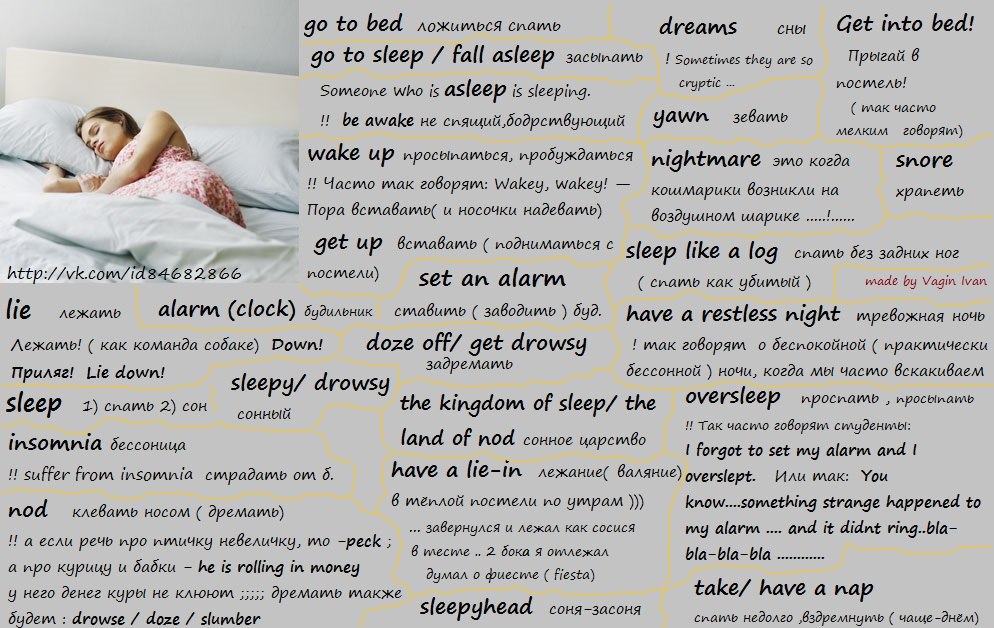
How to wean a child from sleeping with parents
The simplest thing is not to wean, you didn’t have to initially accustom it - this way you injure the baby’s psyche twice, but if you nevertheless taught it, then try to accustom it imperceptibly, as gently as possible and without stress for the baby to new conditions for sleep. It all depends on the age of your crumbs, ideal is from 1.5 to 3 years. During this period, sometimes a little later (from 2 to 3 years), the child begins to show his independence, tries to do without the help of his parents and do everything himself, it is at this moment that you can take advantage of the situation and unobtrusively offer to sleep separately, and even in your own beds.
If the baby sleeps with you day and night, then first of all, we teach him to sleep in his bed during daytime sleep (in no case on your bed, but only in his). Offer your baby toys and do not impose your opinion - let him choose with whom (with what) he wants to sleep.